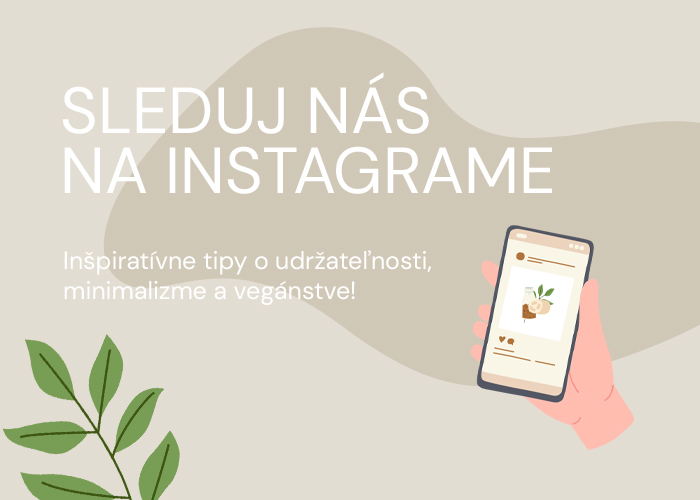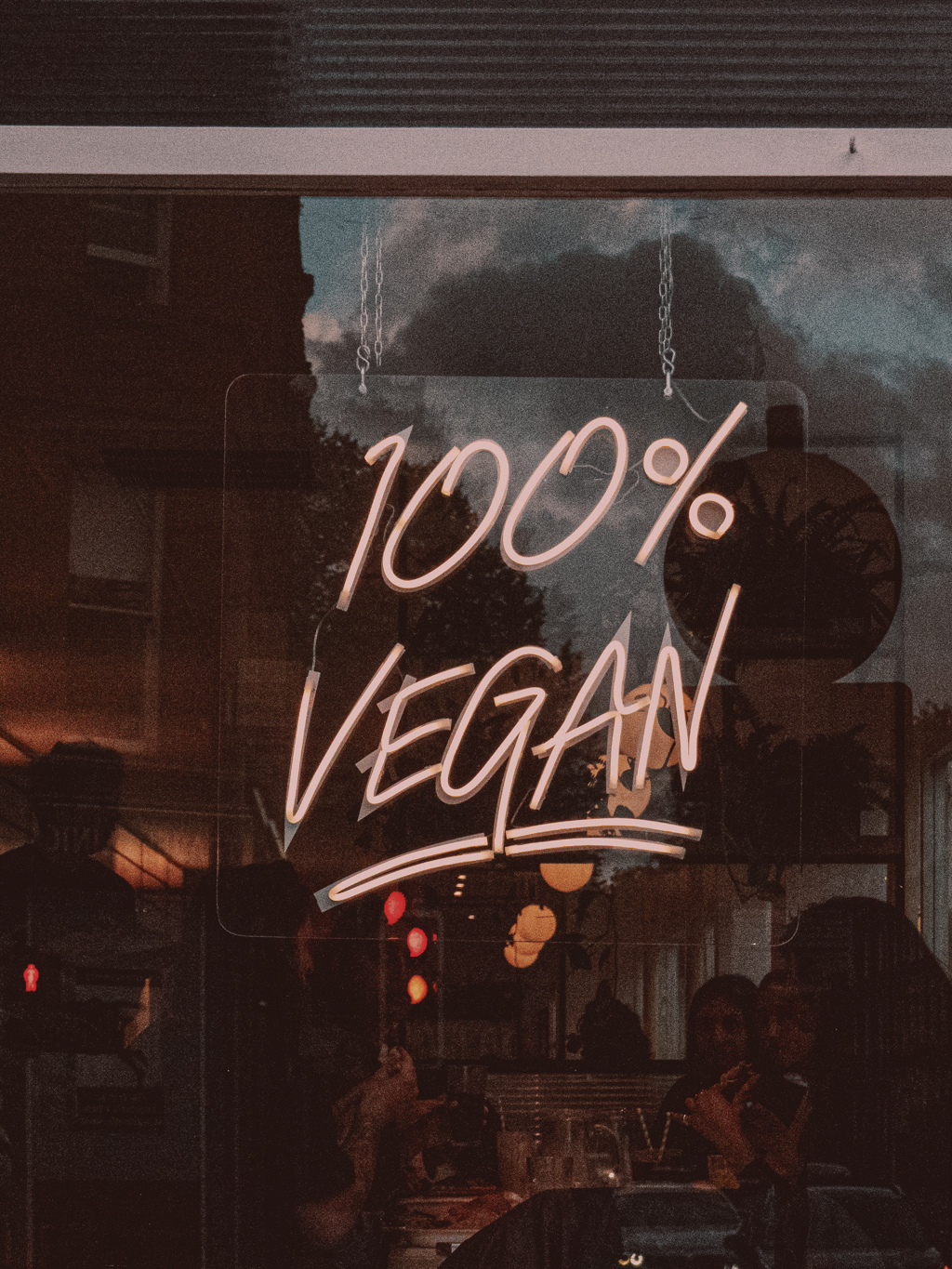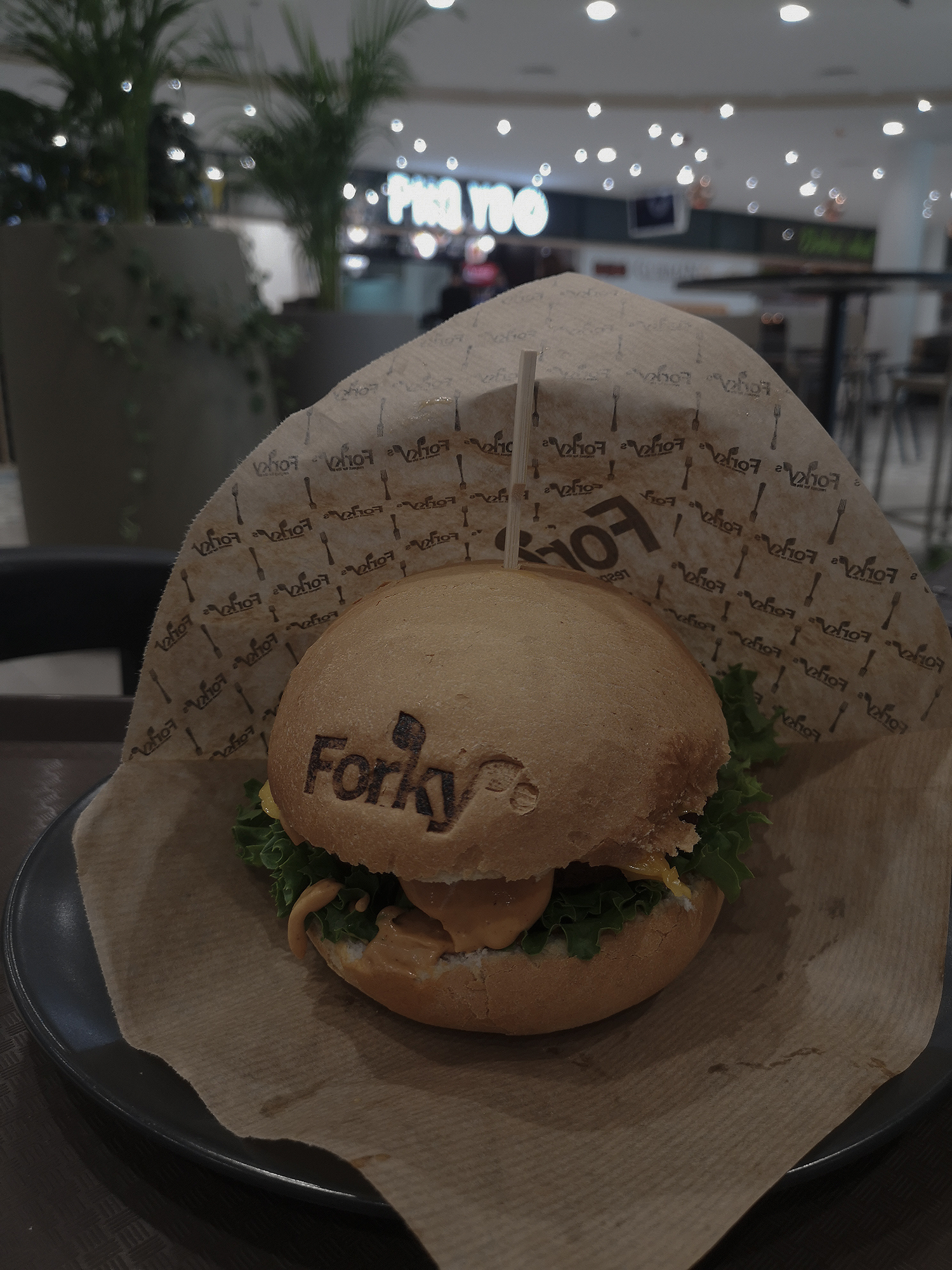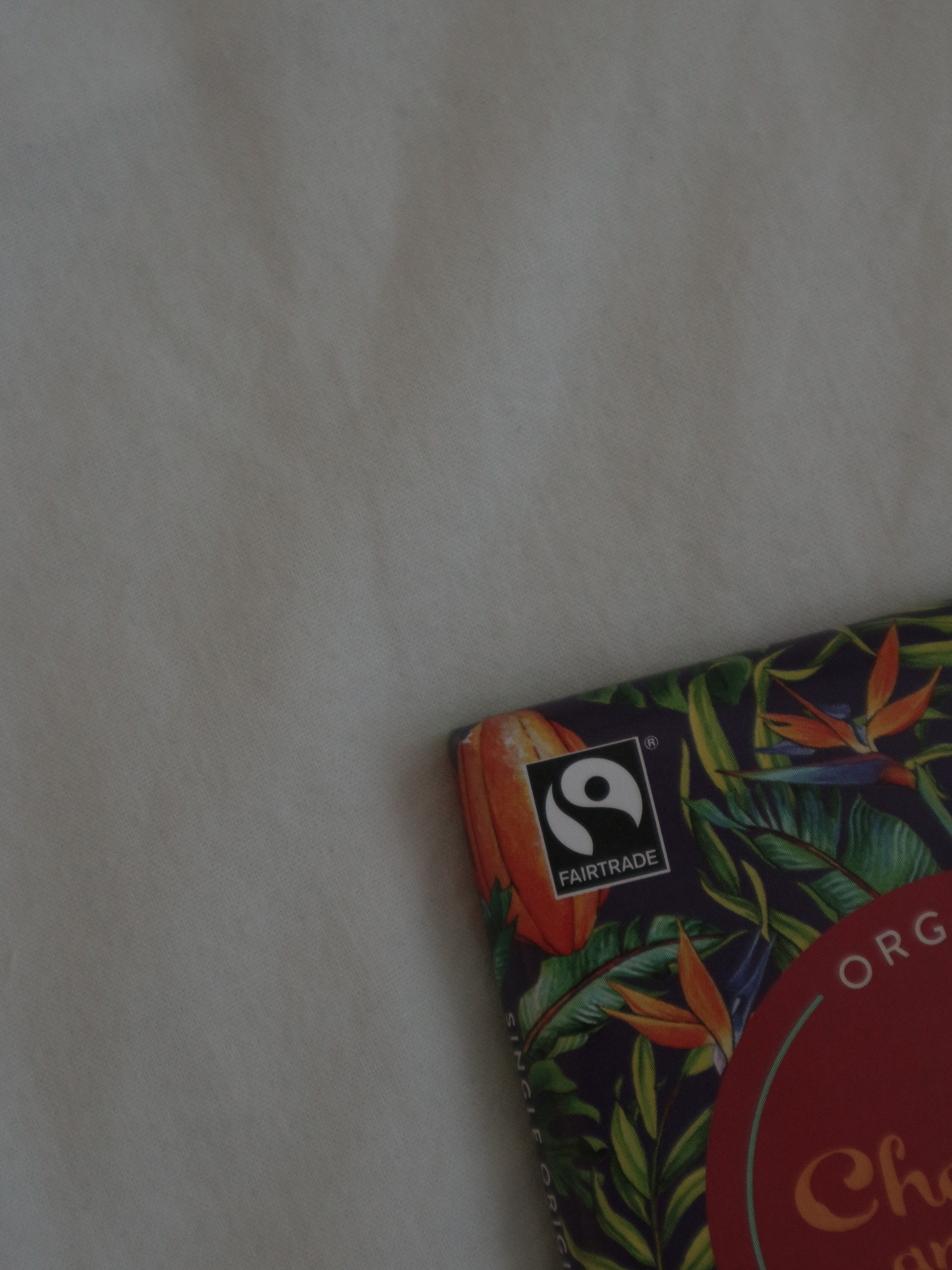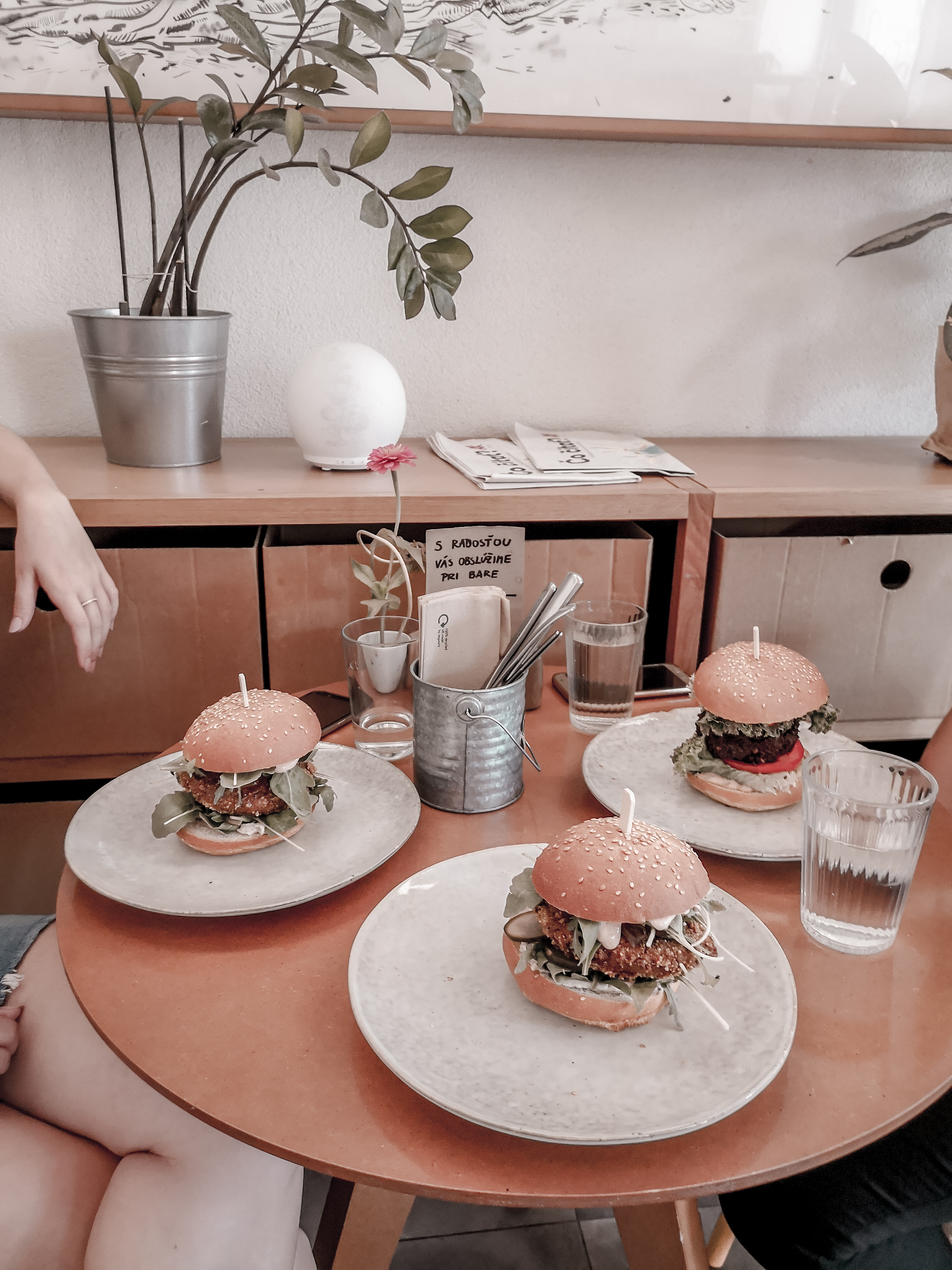
There is a growing interest in the general public to help nature, people are trying to fight disposable plastics, carry their own bags to shops, use public transport and look for alternatives, as well as replace plastic products at home with sustainable ones made of metal, wood or glass. All these steps are, of course, very beneficial — they make a difference in the world and contribute to change for the better. However, we are forgetting a very important thing when looking for ways to protect the environment. We are forgetting one of the biggest polluters, who is responsible for climate change and global warming, the culprit responsible for water pollution and deforestation. And that is the meat industry.
The number of vegans in the world is still rising. But not because it’s modern today, and being vegan is cool; but because more and more people are realizing the negative impact of meat consumption on the environment. Whether we like it or not, the production of meat and meat products does not bring anything positive — and the figures, statistics and facts below speak for themselves.
Why should you reduce your meat consumption too?
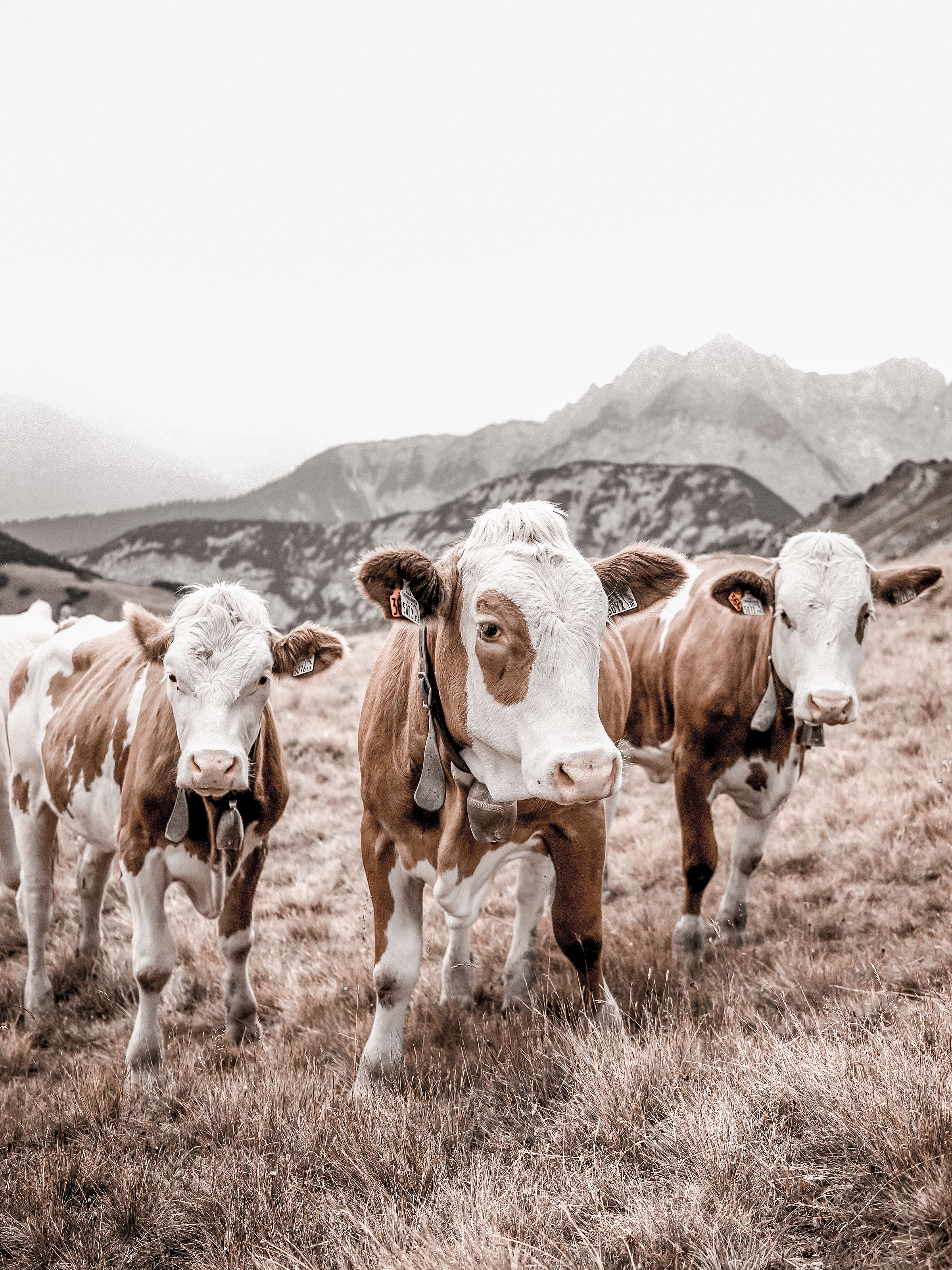
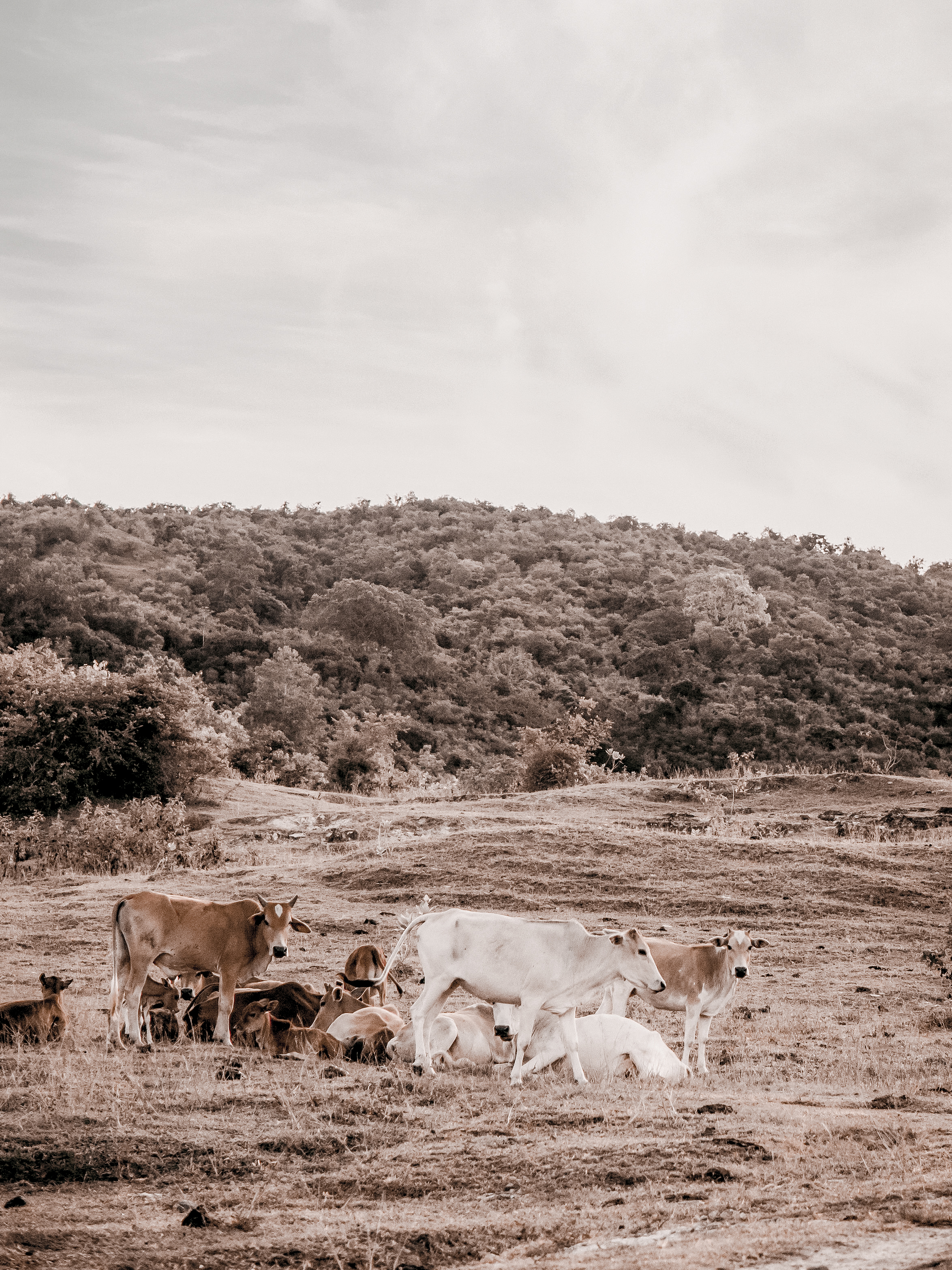
High production of greenhouse gases
When we talk about greenhouse gases, many imagine fumes from industial chimneys and car exhausts. Although the carbon dioxide that produces the combustion of fuels is very dangerous in the air, did you know that methane is up to 25 times stronger? Methane (among other things) is largely produced by cattle during digestion and excretion. In total, livestock is responsible for up to 15% of greenhouse gases, which is more than the gases produced by transport — that is, by cars, buses and planes — combined.
Greenhouse gases cause climate change by retaining heat in the Earth’s atmosphere; and they are also responsible for lower air quality, which contributes to respiratory problems, but also to temperature and weather fluctuations or forest fires.
High consumption of drinking water and its pollution
Up to 98% of the Earth’s surface is water. But only 2.5% of this volume is fresh water; however, only 1% of the water on Earth is drinking water for humans and animals.
According to The Guardian, agriculture uses up to 70% of drinking water, and on average a quarter of all drinking water on Earth is ONLY for meat and dairy production. In the US, for example, this consumption is even higher — and livestock is responsible for up to 55% of drinking water consumption. For comparison — in households only 5% is used.
With the high consumption of water in large-scale farming and agricultural livestock feed, another problem arises — water pollution. Wastewater contains chemicals, pesticides used in cultivation or traces of nutrients, which then travel to groundwater or even rivers and lakes, which subsequently pollute. This has a significant negative impact on plants and animals living in aquatic ecosystems.
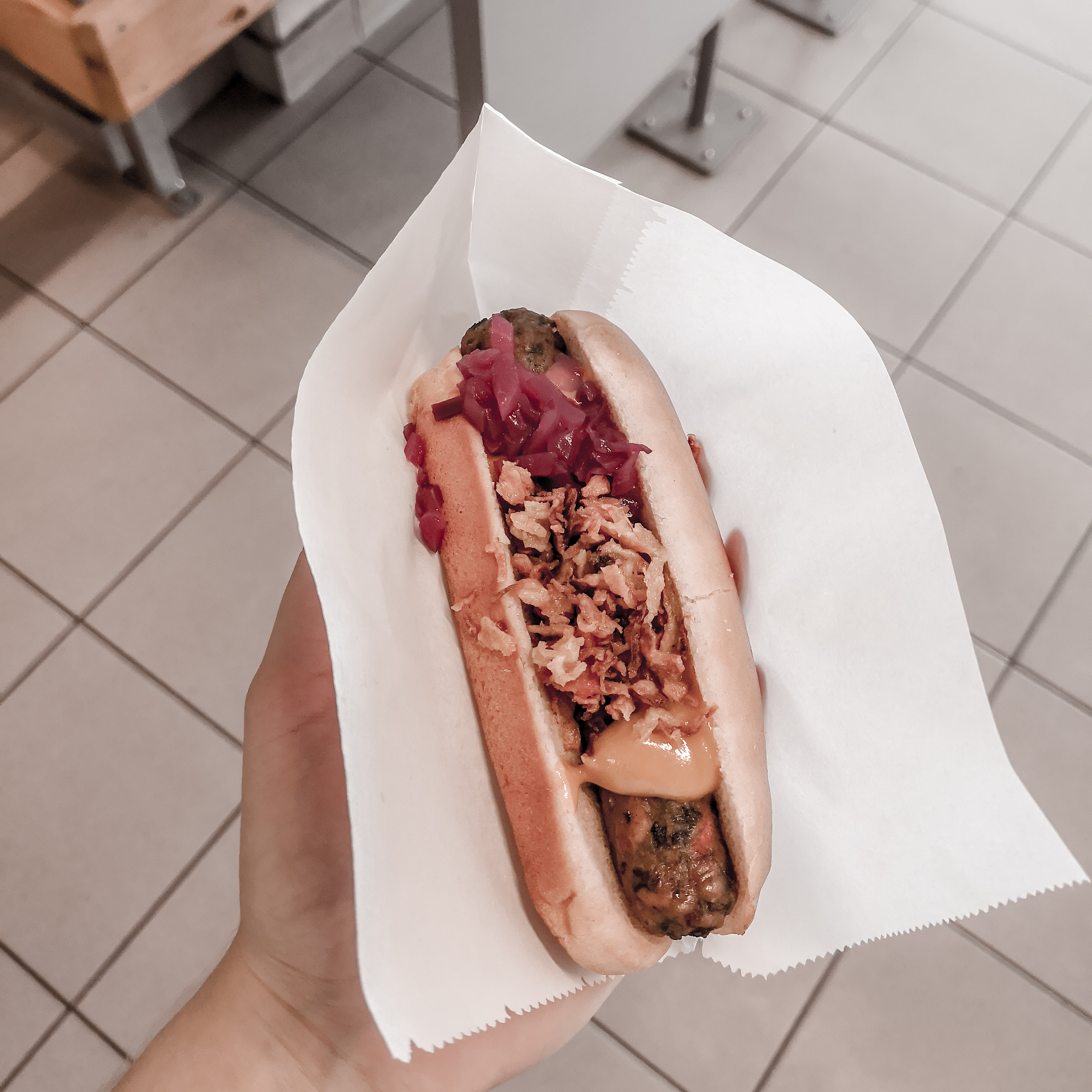
Deforestation
The percentage distribution of deforestation causes varies between countries, but the overwhelming majority has the meat industry in the first spot. Demand for meat and meat products has grown rapidly over the last hundred years, increasing the need for more pastures for livestock and land to grow fodder such as soybeans and maize.
The meat industry is also responsible for the deforestation of the Amazon rainforest in Brazil — up to 91% of the deforested area of the rainforest fell precisely because of the creation of pastures for animals. These areas also grow fodder, which we also import to Central Europe for animal feed.
World hunger
About a third of the grain grown ends up as livestock feed. If we used crops as food for humans and not for feeding animals to produce meat and dairy products, we would be able to feed up almost four billion more people. Even if each person halved their meat consumption and thus replaced every other meal with a plant-based alternative, 1.8 billion people in the world would not have to suffer from hunger. And this is certainly no longer a negligible number.
Plastic in the oceans
You’ve probably heard of the Great Garbage Patch in the Pacific Ocean — it consists of plastic waste that ends up in the Pacific, mainly because of the large ships. And even though we think that this island consists mainly of plastic bags, bottles or straws, this is not the case. The majority — an estimated 705,000 tonnes of plastic waste in the ocean — are discarded fishing nets.
During fishing, huge fishing nets are thrown into the oceans; and when they are filled, they transfer the nets above the deck of the ship, where they tear them, and thus “freely” transfer the fish to shore. Because the nets are damaged, they cannot be reused, so fishermen and companies save work by throwing them directly into the ocean. However, even if they get rid of them in this way, under the influence of sunlight, shocks, waves or animals, fishing nets in the oceans gradually release microplastics, which end up as food for fish and birds, which we then consume, and also have a negative impact on water quality and ecosystems.
As one of your goals to 2021, you can set reducing your consumption of meat and meat products. It’s not necessary to become vegentarian and vegan. Every small change counts, and every plant-based meal has a positive impact on the environment.

V širokej verejnosti zrastá záujem o pomoc prírode, ľudia sa snažia bojovať voči jednorazovým plastom, nosia si do obchodov vlastnú tašku, využívajú hromadnú dopravu a hľadajú alternatívy, ako aj doma nahradiť plastové výrobky za udržateľné, ktoré sú vyrobené z kovu, dreva alebo skla. Všetky tieto kroky sú, samozrejme, veľmi prospešné — robia vo svete rozdiel a prispievajú k zmene k lepšiemu. Avšak pri hľadaní ciest k ochrane životného prostredia zabúdame na veľmi dôležitú vec. Zabúdame na jedného z najväčších znečisťovateľov, ktorý je zodpovedaný za klimatické zmeny a globálne otepľovanie, za vinníka zodpovedného za znečisťovanie vôd a odlesňovanie. A tým je mäsopriemysel.
Počet vegánov vo svete stále stúpa. Avšak nie preto, lebo je to dnes moderné a byť vegánom je cool; ale preto, lebo čoraz viac ľudí si uvedomuje, aký negatívny vplyv má konzumácia mäsa na životné prostredie. Či chceme alebo nie, produkcia mäsa a mäsových výrobkov v sebe nenesie nič pozitívne — a čísla, štatistiky a fakty nižšie hovoria sami za seba.
Prečo by ste aj vy mali znížiť vašu konzumáciu mäsa?
pic 02
Vysoká produkcia skleníkových plynov
Ak hovoríme o skleníkových plynoch, mnohí si predstavia výpary z komínov a výfukov áut. Aj keď oxid uhličitý, ktorý vyprodukuje spaľovanie palív, je v ovzduší veľmi nebezpečný, vedeli ste, že metán je až 25-krát silnejší? Metán (okrem iného) vo veľkej miere produkuje dobytok počas trávenia a vylučovania. Hospodárske zvieratá celkovo sú zodpovedné až za 15 % skleníkových plynov, čo je viac ako plyny vyprodukované dopravou — teda autami, autobusmi a lietadlami — dokopy.
Skleníkové plyny spôsobujú klimatické zmeny tým, že v zemskej atmosfére zadržiavajú teplo; a tiež sú zodpovedné za nižšiu kvalitu ovzdušia, ktorá prispieva k problémom dýchacích ciest, ale aj výkyvom teplôt a počasia či lesným požiarom.
Vysoká spotreba pitnej vody a jej znečisťovanie
Až 98% povrchu Zeme tvorí voda. Ale len 2.5% tohto objemu je sladká voda; avšak iba 1% vody na Zemi je voda pitná pre ľudí a živočíchy.
Podľa The Guardian využíva poľnohospodárstvo až 70% pitnej vody, a v priemere štvrtina všetkej pitnej vody na Zemi pripadá LEN na produkciu mäsa a mliečnych výrobkov. Napríklad v USA je táto spotreba ešte vyššia — a hospodárske zvieratá sú zodpovedné až za 55% spotreby pitnej vody. Pre porovnanie — v domácnostiach sa využije len 5%.
Pri vysokej spotrebe vody vo veľkochovoch a poľnohospodárstve krmiva pre hospodárske zvieratá vzniká aj ďalší problém — znečisťovanie vôd. Odpadové vody v sebe nesú chemické látky, pesticídy používanie pri pestovaní alebo stopy živín, tie potom putujú do podzemných vôd alebo rovno riek a jazier, ktoré následne znečisťujú. To má výrazný negatívny vplyv na rastliny a živočíchy žijúce vo vodných ekosystémoch.

Odlesňovanie
Percentuálne rozloženie dôvodov odlesňovania je medzi krajinami rôzne, ale v drvivej väčšine patrí prvenstvo práve mäsopriemyslu. Dopyt po mäse a masových výrobkov v priebehu posledných sto rokoch rapídne vzrástol, čím sa zvýšila aj potreba po rozsiahlejších pasienkoch pre dobytok a pôde na pestovanie krmiva ako je sója a kukurica.
Mäsopriemysel je zodpovedný aj za odlesňovanie Amazonského pralesa v Brazílii — až 91% odlesnenej plochy pralesa padlo práve kvôli vytváraniu pasienkov pre zvieratá. Na týchto plochách sa pestuje aj krmivo, ktoré dovážame aj do strednej Európy na kŕmenie zvierat.
Svetový hlad
Asi tretina vypestovaného obilia skončí ako potrava pre hospodárske zvieratá. Ak by sme plodiny využívali ako stravu pre ľudí a nie na prekrmovanie zvierat za účelom produkcie mäsa a mliečnych výrobkov, dokázali by sme zasýtiť až o takmer štyri miliardy ľudí viac. Už len ak by každý človek znížil svoju konzumáciu mäsa o polovicu, a teda každé druhé jedlo nahradil rastlinnou alternatívou, 1.8 miliardy ľudí vo svete by nemuselo trpieť hladom. A to už určite nie je zanedbateľné číslo.
Plast v oceánoch
O plastovom ostrove v Tichom oceáne ste už určite počuli — pozostáva z plastového odpadu, ktorý končí v Pacifiku najmä kvôli veľkým lodiam. A aj keď si myslíme, že tento ostrov tvoria prevažne plastové tašky, fľaše či slamky, nie je to tak. Väčšinu — podľa odhadov až 705 000 ton plastového odpadu v oceáne — tvoria odhodené rybárske siete.
Počas lovu sú do oceánov vhodené obrovské rybárske siete; a keď sa naplnia, siete prenesú nad palubu lode, kde ich roztrhnú a takto “voľne” prenesú na pobrežie. Keďže siete sú poškodené, nie je možné ich využiť znova, a tak si rybári a spoločnosti ušetria prácu tým, že ich zahodia priamo do oceánu. Avšak aj keď sa ich takto zbavia, rybárske siete v oceánoch pod vplyvom slnečného žiarenia, nárazov, vĺn či živočíchov postupne uvoľňujú mikroplasty, ktoré končia ako potrava pre ryby a vtáky, ktoré potom konzumujeme, a tiež majú negatívny vplyv na kvalitu vody i ekosystémy.
Ako jeden z cieľov do roku 2021 si môžete dať zníženie konzumácie mäsa a mäsových výrobkov. Nie je nutné sa stať rovno vegetariánom a vegánom. Každá malá zmena sa počíta, a každé bezmäsité jedlo má pozitívny vplyv na životné prostredie.


